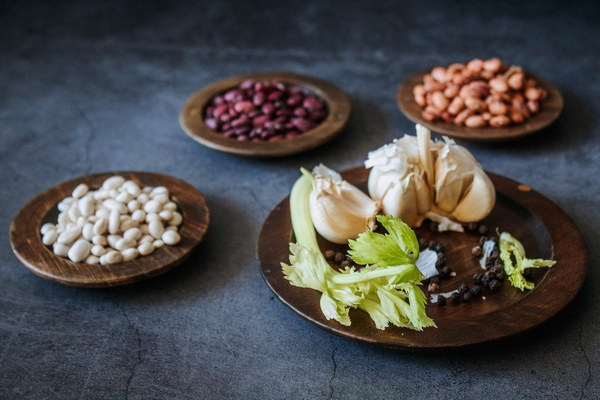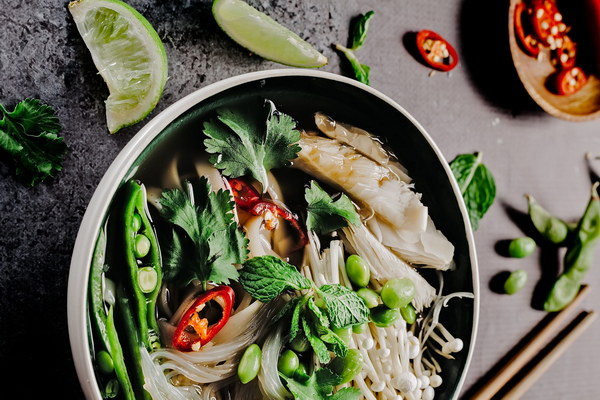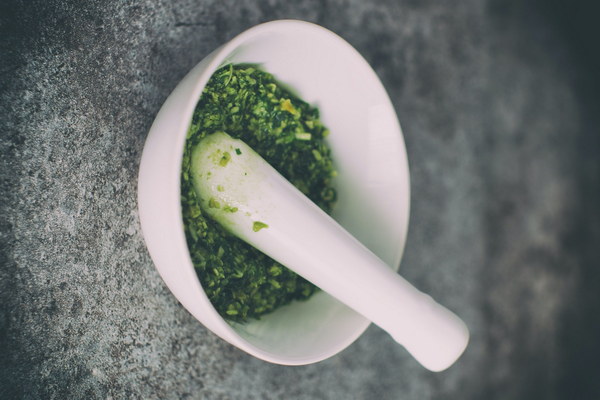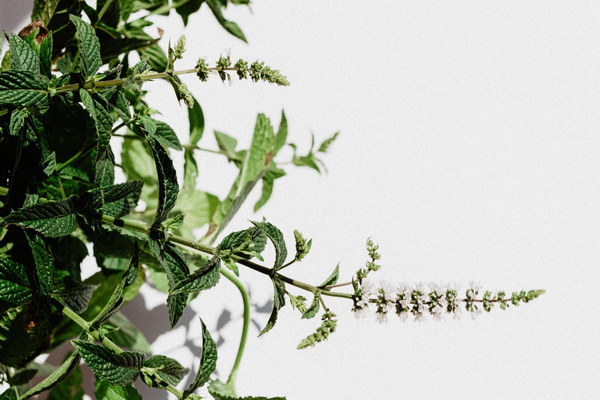Revitalize Your Kidneys Discover the Power of Traditional Chinese Herbs for Yang Qi Enhancement
Introduction:
In traditional Chinese medicine (TCM), the kidneys are considered the root of life and are crucial for overall health and vitality. One of the key aspects of kidney health is the balance of kidney yang, which is the vital energy responsible for warmth, metabolism, and vitality. To support and enhance kidney yang, TCM utilizes a variety of herbs that have been used for centuries. This article explores some of the most effective Chinese herbs for nourishing kidney yang and offers insights on how to incorporate them into your daily routine.
1. Cuscuta (Semen Cuscutae):
Cuscuta, also known as dodder seed, is a popular herb in TCM for nourishing kidney yang and treating weakness of the lower back and knees. This herb has a sweet and neutral taste and is believed to tonify the kidneys, improve fertility, and strengthen the bones. It is often used in combination with other herbs to enhance the effects on kidney yang.
2. Cornelian cherry (Fructus Corni):
Cornelian cherry, or dogwood berry, is a potent herb for nourishing kidney yang and replenishing the kidneys. It has a sweet and slightly sour taste and is believed to tonify the kidneys, improve vitality, and alleviate weakness of the lower back and legs. Cornelian cherry is often used in conjunction with other herbs to enhance its effects on kidney yang and improve overall health.
3. Epimedii (Herba Epimedii):
Epimedii, or cistanche, is a well-known herb for nourishing kidney yang and treating impotence and infertility. It has a sweet, bitter, and warm taste and is believed to tonify the kidneys, improve sexual function, and strengthen the bones. Epimedii is often used in combination with other herbs to enhance its effects on kidney yang and support reproductive health.
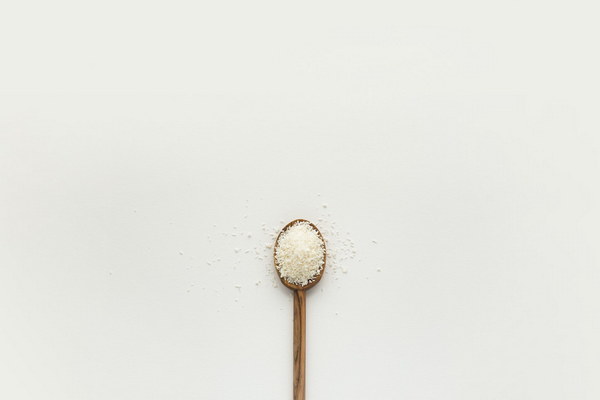
4. Rehmannia (Radix Rehmanniae):
Rehmannia, or Chinese foxglove, is a fundamental herb in TCM for nourishing kidney yin and yang. It has a sweet, bitter, and cool taste and is believed to tonify the kidneys, replenish the essence, and improve vitality. Rehmannia is often combined with other herbs to support kidney health and enhance kidney yang.
5. Akebia (Fructus Akebiae):
Akebia, or five-leaf akebia, is a versatile herb used in TCM for nourishing kidney yang, promoting blood circulation, and alleviating pain in the joints. It has a sweet and slightly bitter taste and is believed to tonify the kidneys, improve vitality, and enhance sexual function. Akebia is often used in combination with other herbs to support kidney health and enhance kidney yang.
How to Incorporate These Herbs into Your Daily Routine:
1. Consult with a TCM Practitioner: It is essential to consult with a qualified TCM practitioner before starting any herbal treatment. They can provide personalized advice based on your specific health needs and recommend the appropriate dosage and combination of herbs.
2. Herbs in Tea: Many of these herbs can be brewed into a tea. Simply steep the dried herbs in hot water for 10-15 minutes and enjoy the warm, soothing drink.
3. Herbal Formula: TCM practitioners often combine these herbs into formulas, which can be more potent and effective than using individual herbs alone. These formulas can be taken in the form of capsules, powders, or teas.
4. Food Preparation: Some of these herbs can be incorporated into your diet by using them in cooking. For example, Cuscuta can be added to soups or stews, while Rehmannia can be used to make sweet, nourishing dishes.
Conclusion:
Nourishing kidney yang is essential for maintaining overall health and vitality. By incorporating these traditional Chinese herbs into your daily routine, you can support kidney health, enhance kidney yang, and enjoy a more balanced and energetic life. Always consult with a TCM practitioner before starting any herbal treatment, and remember to listen to your body and adjust the dosage as needed.



